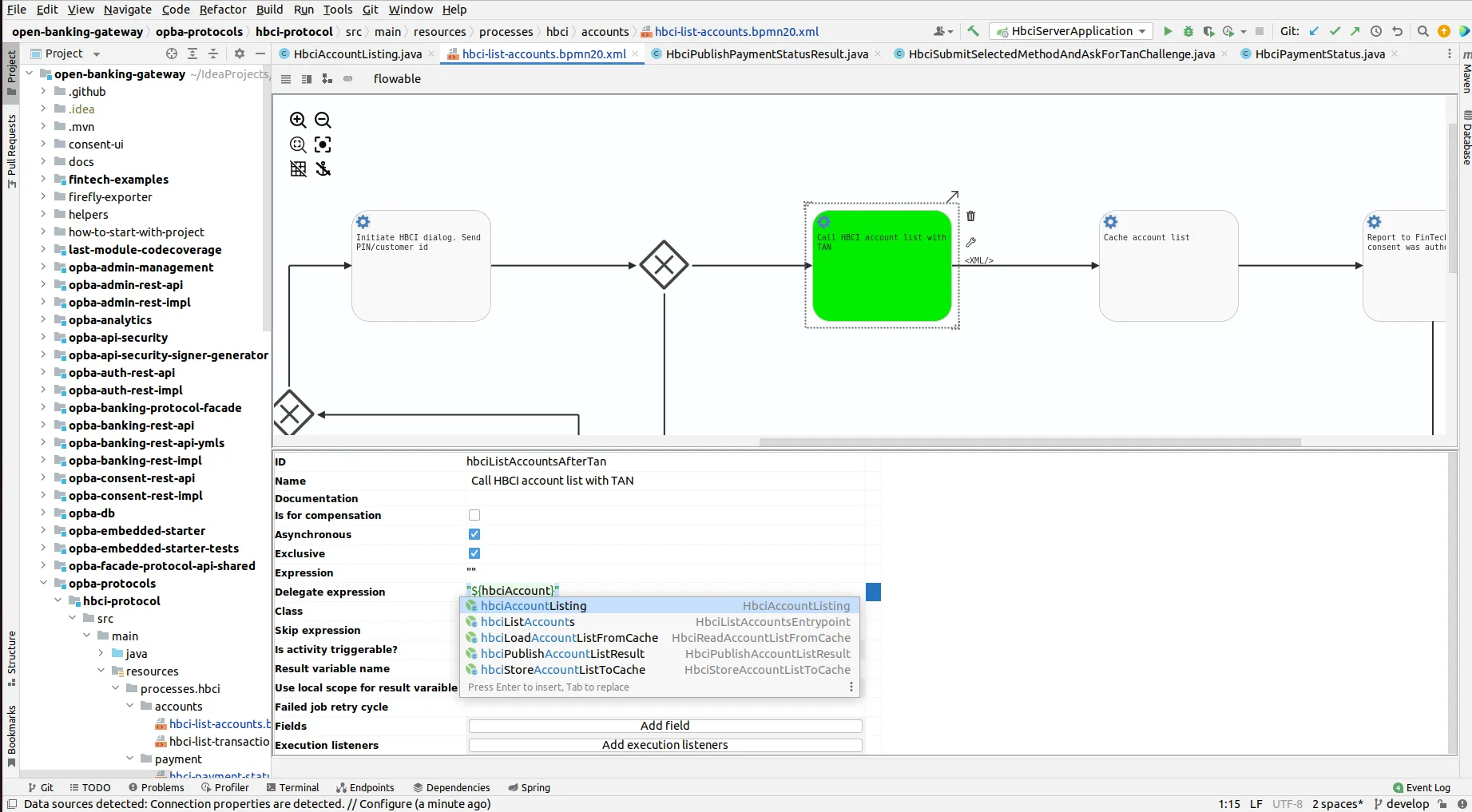Hybrid Native Apps: A Response to Apple's Call for PWA Alternatives

Hybrid Native Apps: A Response to Apple's Call for PWA Alternatives
In a recent official statement to comply with the Digital Markets Act (DMA) in the European Union (EU), Apple has urged developers to explore alternatives to their current Progressive Web App (PWA) solutions. While this may initially appear as a challenge, it presents an opportunity for businesses to delve into the realm of hybrid native applications, offering a simple and cost-effective solution while unlocking a myriad of benefits.
By utilizing a hybrid framework, we can penetrate both the Apple and Android ecosystems with native apps, leveraging the full spectrum of advantages offered by the mobile environment. Notably, this approach entails repurposing existing web source code, resulting in substantial reductions in app production costs. Should the need arise, adjustments to graphical elements for specific target platforms can be made incrementally, ensuring a smooth transition to native hybrid apps.
Beyond Apple's directive, it is essential to explore the broader strategy surrounding the utilization of web apps. While PWAs offer cost efficiencies, their potential in marketing endeavors often remains underutilized. Here are some key advantages of native (hybrid) mobile apps:
- Professional Appearance: Native (hybrid) apps provide a polished look and feel on mobile devices, meeting user expectations for seamless app behavior.
- Corporate Credibility: The presence of native (hybrid) apps underscores the seriousness and commitment of a company to its mobile audience.
- Expanded Market Reach: Availability on prominent platforms such as the Google Play Store and Apple App Store opens up access to a broader user base, enhancing visibility and market evaluation.
- Push Notification Independence: Unlike PWAs, hybrid native applications offer push notification capabilities, enabling timely release updates and user engagement.
- Native Function Support: Integration of native functions such as sensor usage (e.g., NFC for payment integration) and mapping services enhances app functionality and user experience.
- Enhanced Security: Access to system-level features like cryptographic storage bolsters app security, safeguarding sensitive data.
- Cost Efficiency: By leveraging a single codebase for web and mobile platforms, hybrid native applications streamline development processes, reducing overall costs.
In essence, the shift towards hybrid native applications presents an opportunity for businesses to not only address Apple's directive but also to unlock a plethora of benefits that transcend mere compliance. By marrying the strengths of web technologies with the native capabilities of mobile platforms, organizations can deliver compelling, feature-rich experiences to their users while maintaining cost-effectiveness and market competitiveness.
As the landscape of mobile app development continues to evolve, embracing hybrid native applications emerges as a strategic imperative for businesses aiming to thrive in the digital age.
Talk to our experts!
Sent successfully
Your message was successfully sent.
We will contact you as soon as possible





